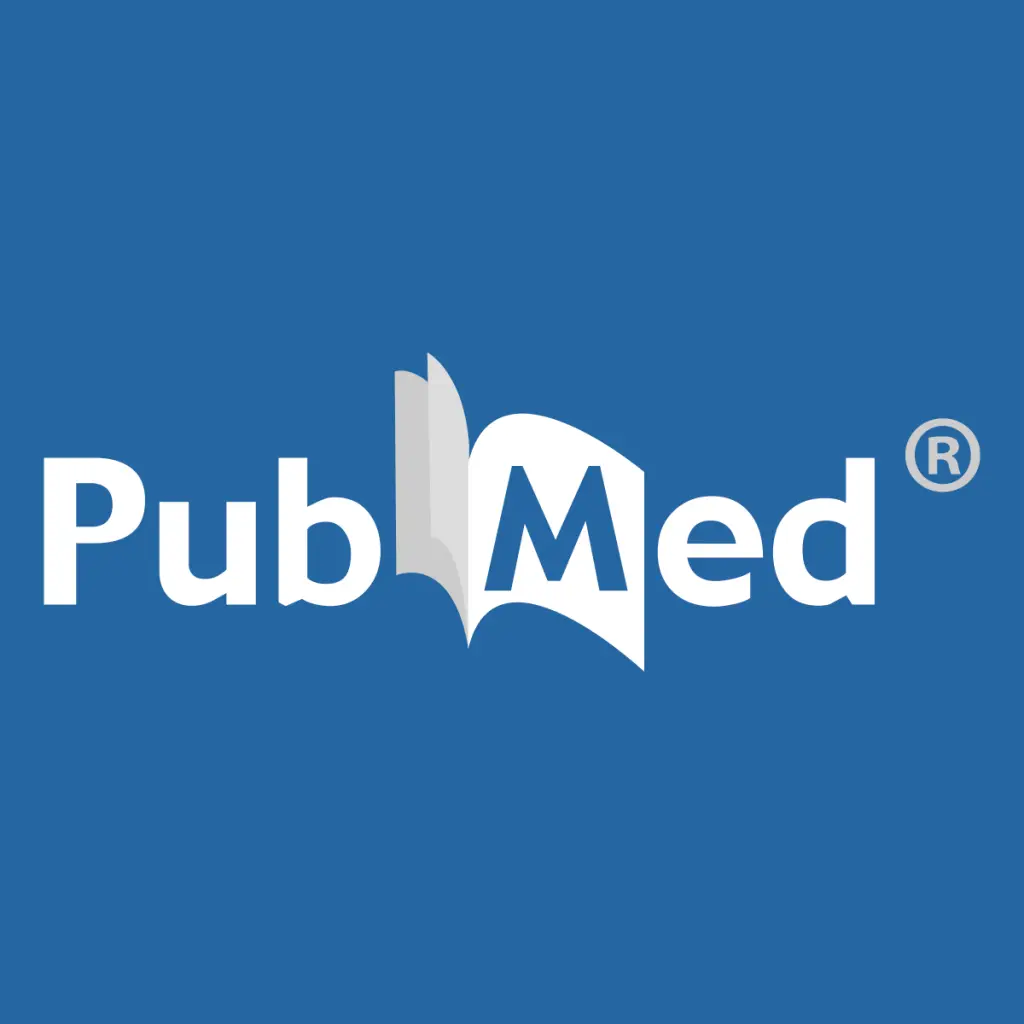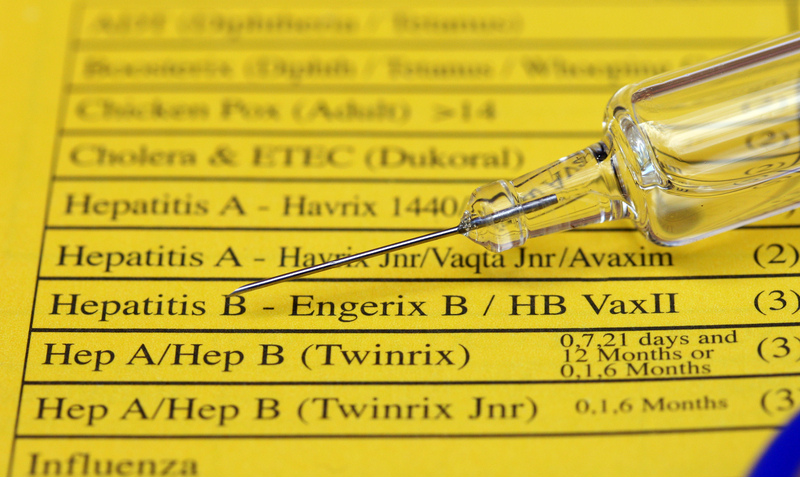- By FYH News Team

A recent study published in Neurology sheds light on the connection between Sleep Disordered Breathing (SDB) and brain health, particularly within the Hispanic/Latino population. SDB, a condition that disrupts breathing during sleep, is already recognized as a risk factor for stroke and Alzheimer’s disease. However, little research has explored its specific effects on brain aging in Hispanic/Latino individuals, a group disproportionately affected by both SDB and Alzheimer’s. This study, based on data from the Hispanic Community Health Study/Study of Latinos (HCHS/SOL), aimed to fill this gap by examining how SDB impacts brain structure through neuroimaging.
Researchers analyzed data from 2,667 participants, aged 35 to 85, who underwent sleep apnea testing and brain MRI scans over a decade. The study revealed notable links: higher SDB severity, measured through the respiratory event index (REI), correlated with larger hippocampal volumes—a key area for memory and cognitive function. However, reduced oxygen levels during sleep were associated with increased white matter hyperintensity (WMH), which is a marker of brain damage linked to aging and dementia. These findings suggest a complex relationship between SDB, oxygen levels, and brain health, emphasizing the need for ongoing research.
This study has significant implications for the general population. With SDB being common and often undiagnosed, the results highlight the importance of sleep health in preventing cognitive decline and other brain disorders. For Hispanic/Latino communities, in particular, early screening and intervention for SDB could play a vital role in reducing disparities in brain health outcomes. Public awareness and healthcare strategies targeting sleep health could help mitigate risks of Alzheimer’s and other neurodegenerative conditions for vulnerable populations.
Trending Topics
Features
- Drive Toolkit
Download and distribute powerful vaccination QI resources for your community.
- Health Champions
Sign up now to support health equity and sustainable health outcomes in your community.
- Cancer Early Detection
MCED tests use a simple blood draw to screen for many kinds of cancer at once.
- PR
FYHN is a bridge connecting health information providers to BIPOC communities in a trusted environment.
- Medicare
Discover an honest look at our Medicare system.
- Alliance for Representative Clinical Trials
ARC was launched to create a network of community clinicians to diversify and bring clinical trials to communities of color and other communities that have been underrepresented.
- Reducing Patient Risk
The single most important purpose of our healthcare system is to reduce patient risk for an acute event.
- Jessica Wilson
- Victor Mejia
- Subash Kafle

















